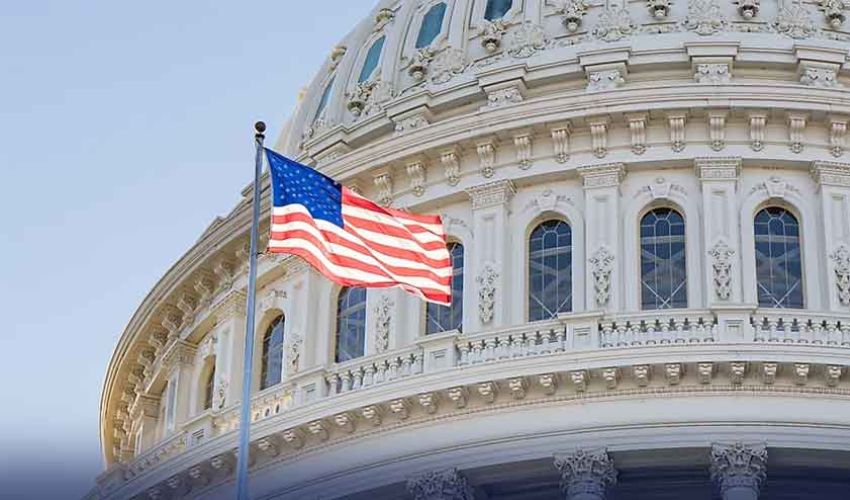The Supreme Court of Pakistan has indicated that it will review recent military court cases to determine whether the accused were provided the opportunity to present witnesses in their defense and whether the trials adhered to the principles of fair evidence.
A seven-member constitutional bench - led by Justice Aminuddin Khan - conducted the hearing on Monday, seeking clarity on the transfer of civilian cases to military courts under the amended Army Act.
During the proceedings, Defense Ministry lawyer Khawaja Haris was directed to conclude his arguments by Tuesday. The bench expressed concerns regarding the standard of evidence presented in military trials and questioned the implementation of recent amendments to the Army Act on past incidents, particularly those related to the events of May 9.
Justice Hassan Azhar Rizvi underscored the need to assess whether military trials of civilians adhered to legal standards, stating, “We want to see whether the accused were allowed to present witnesses in their defense or not. We also want to review the quality of the evidence presented.”
Legal debate on Army Act amendments
The court sought clarification on the applicability of the amendments made to the Army Act in August 2023 to incidents that occurred before the changes, particularly on May 9.
Justice Jamal Khan Mandokhel observed that the Army Act covers multiple crimes and questioned whether civilians undergoing military trials are subject to the same procedures as court-martialed officers.
Khawaja Haris argued that trials of civilians fall under Section 31D of the Army Act, which pertains to incitement of soldiers to neglect their duties. However, he emphasized that not all cases are subject to judicial review, and only specific case records could be shown to the court without delving into the merits of the evidence.
Questions on fair trial and due process
Justice Muhammad Ali Mazhar remarked that a review of military court decisions is necessary to ensure the trials adhered to due process, adding, “The court has the authority to review the quality of the evidence presented.” He further noted that appeals are often filed when trials do not meet the required legal standards.
Justice Rizvi questioned whether the judiciary could review recent decisions of military courts and determine if the law was implemented correctly during the trials. The bench also asked for clarity on which cases were transferred to military courts and why.
Justice Jamal Mandokhel raised the issue of judicial oversight during martial law regimes, highlighting the importance of upholding constitutional principles. He also questioned whether judges could be held accountable under Article 6 of the Constitution for actions taken during unconstitutional periods.
Defense ministry’s stance
The Defense Ministry maintained that the review power of the judiciary should be limited, with Khawaja Haris reiterating that the court could only review specific cases rather than the evidence presented in its entirety.
However, Justice Aminuddin Khan stressed that if required, the court would request access to trial records to ensure justice is served.



























